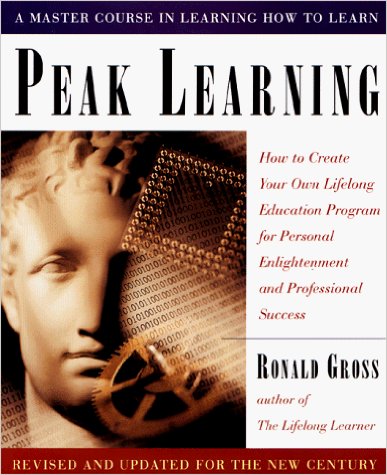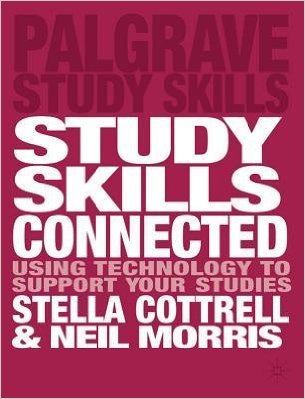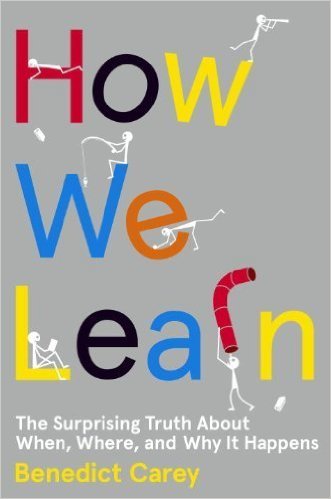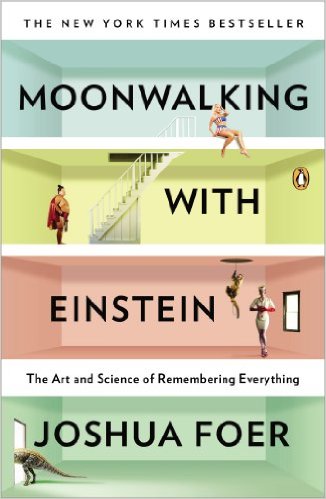
|
This guide to independent learning will not only help you understand what kind of learner you are, but also enable you to devise the most effective strategies for the analysis, memorization and evaluation of study materials based on different learning styles.
Highlights include a section on how to organize yourself for maximum efficiency (pp.19-36) and how to make the most of the learning resources around you (pp.113-131).
|

|
Learning does not stop when school ends. For successful people, it never stops. This book will show you how learning can be sustained throughout life, with the right skills and strategies.
Highlights include sections on building your learning confidence (pp.63-80), discovering your personal learning profile (pp.81-108) and on how to design the best learning environment for you (pp.169-188).
|

|
New technologies offer endless learning opportunities, and this book will enable you to make the most of them. More specifically, it focuses on the use of mobile devices, virtual learning environments, the internet and social media to enhance your academic learning in higher education.
Highlights include sections on managing online information (chapter 3), the pros and cons of wikis and Wikipedia (chapter 6), as well as case studies on how students can combine technologies in their daily academic lives (chapter 9).
|

|
This book focuses on the workings of the brain and how to apply them to learning, remembering and mastering new skills. With unexpected insights, the author examines common and less common learning techniques and habits, explaining which ones work best and why. As the titles suggests, you may well be surprised by what you can learn here.
Highlights include sections on the power of self-testing (pp.80-106) and the essential role of sleep (pp.195-212), as well as eleven essential questions with answers summing up the key learnings of the book (pp.223-228).
|

|
This book tells the amazing story of the author’s transformation into a master of memory, from scientific journalist to competitor in the USA Memory Championship. Along the way, he explores the secrets of ancient masters, meets extraordinary people and reveals the most effective techniques to remember anything.
Highlights include chapters on the “memory palace” technique (pp.89-106) and how to memorize a poem (pp.107-136), as well as the fact that most of the techniques described in the book can be learned by anyone.
|